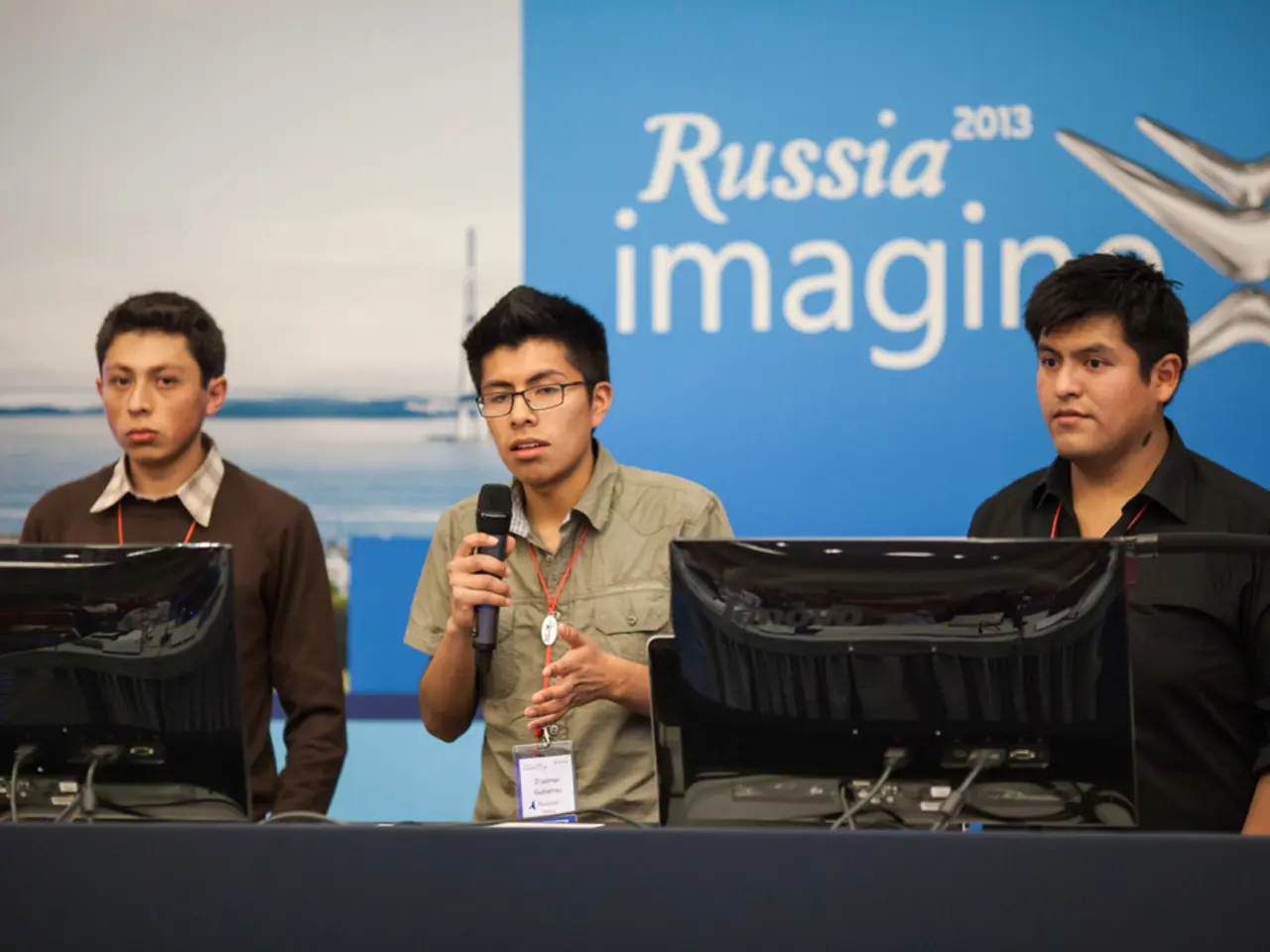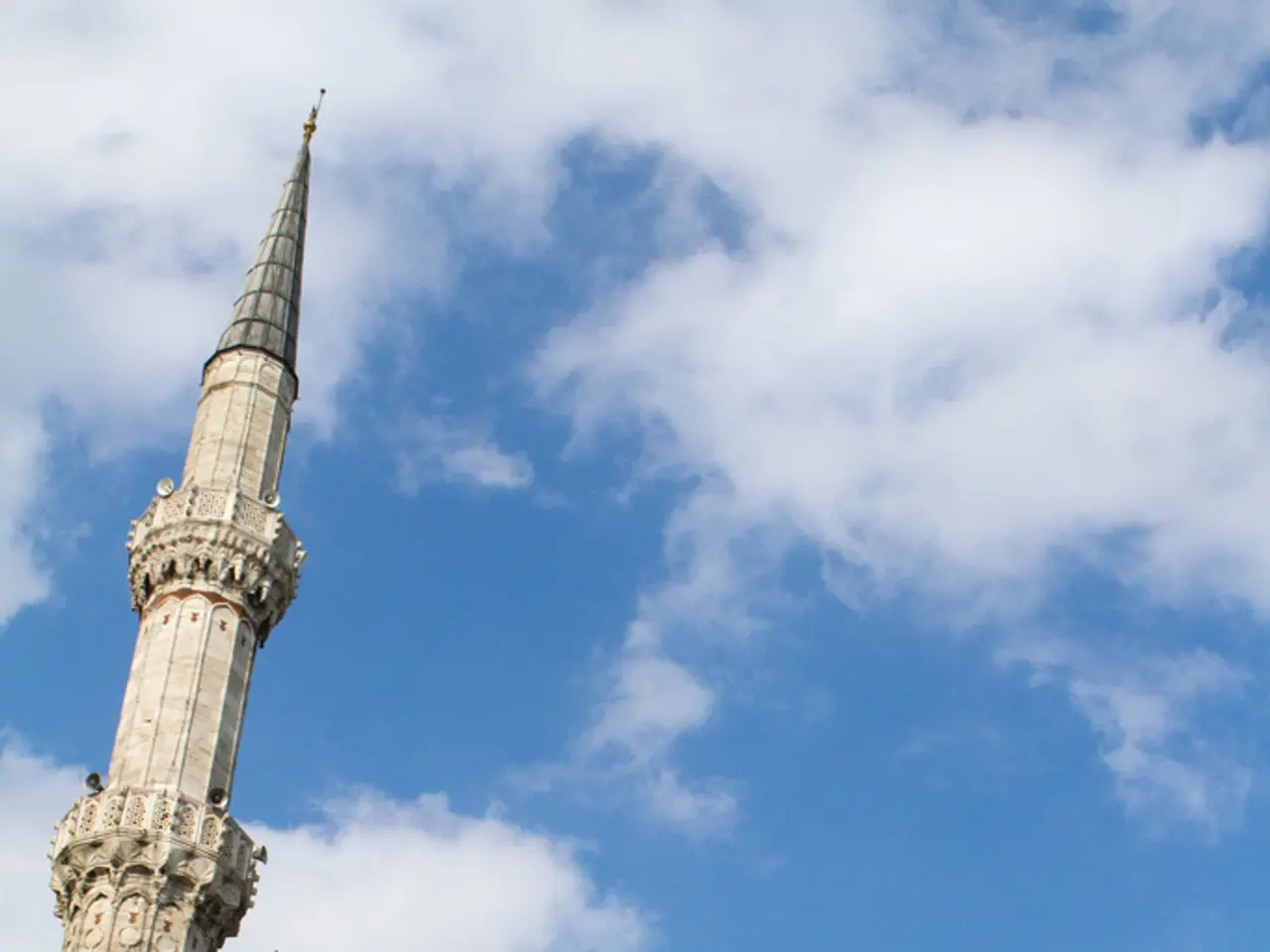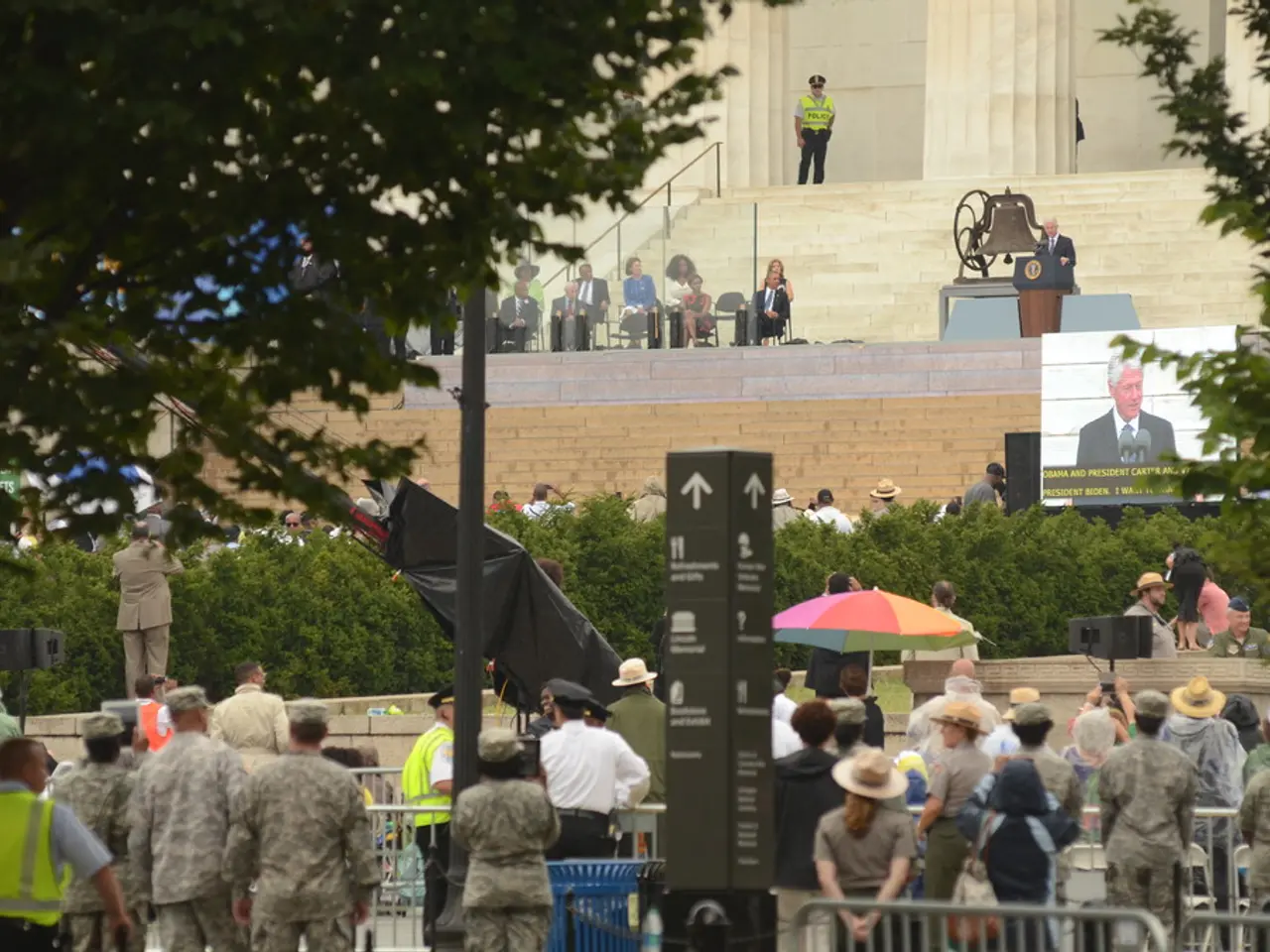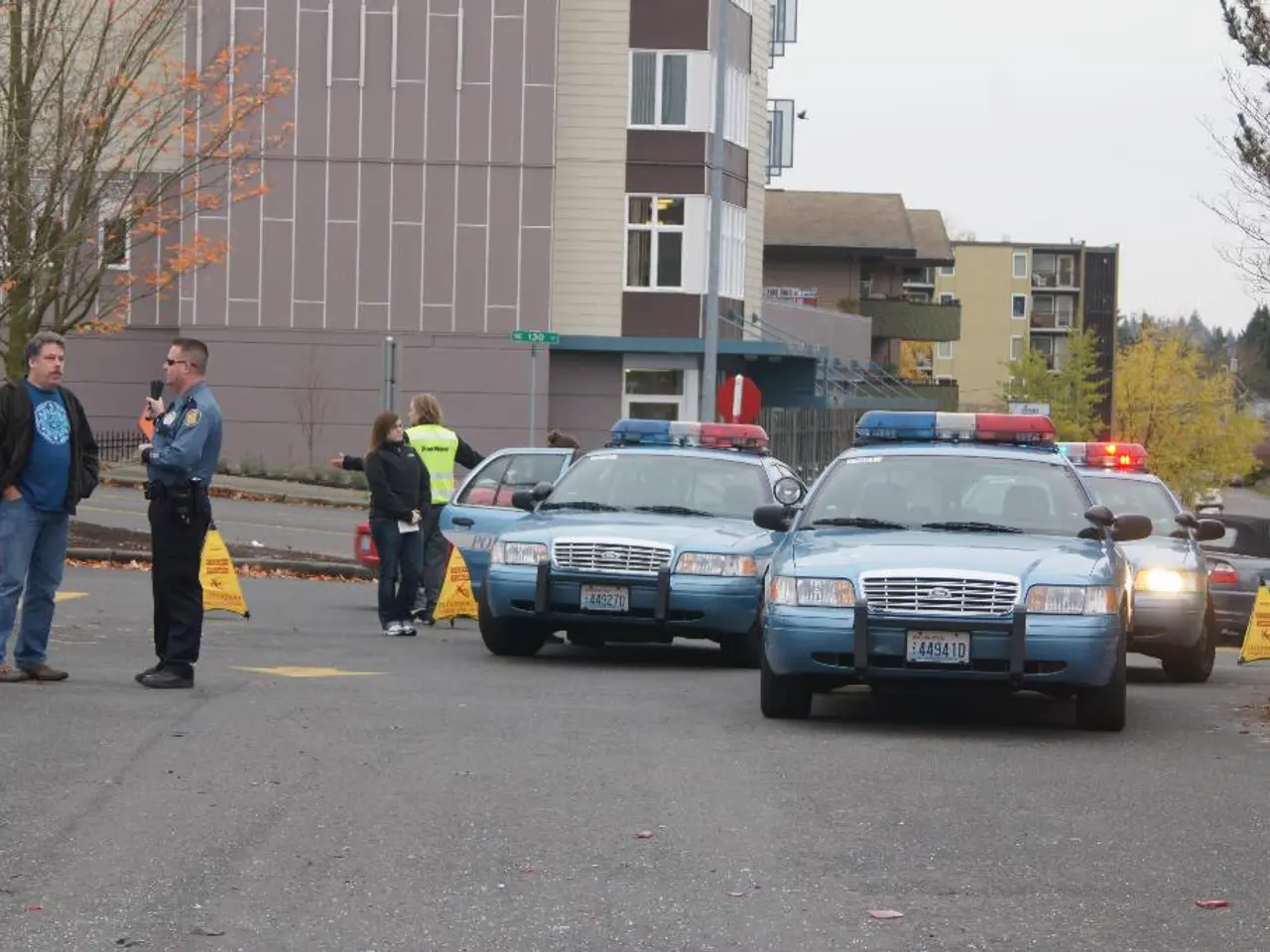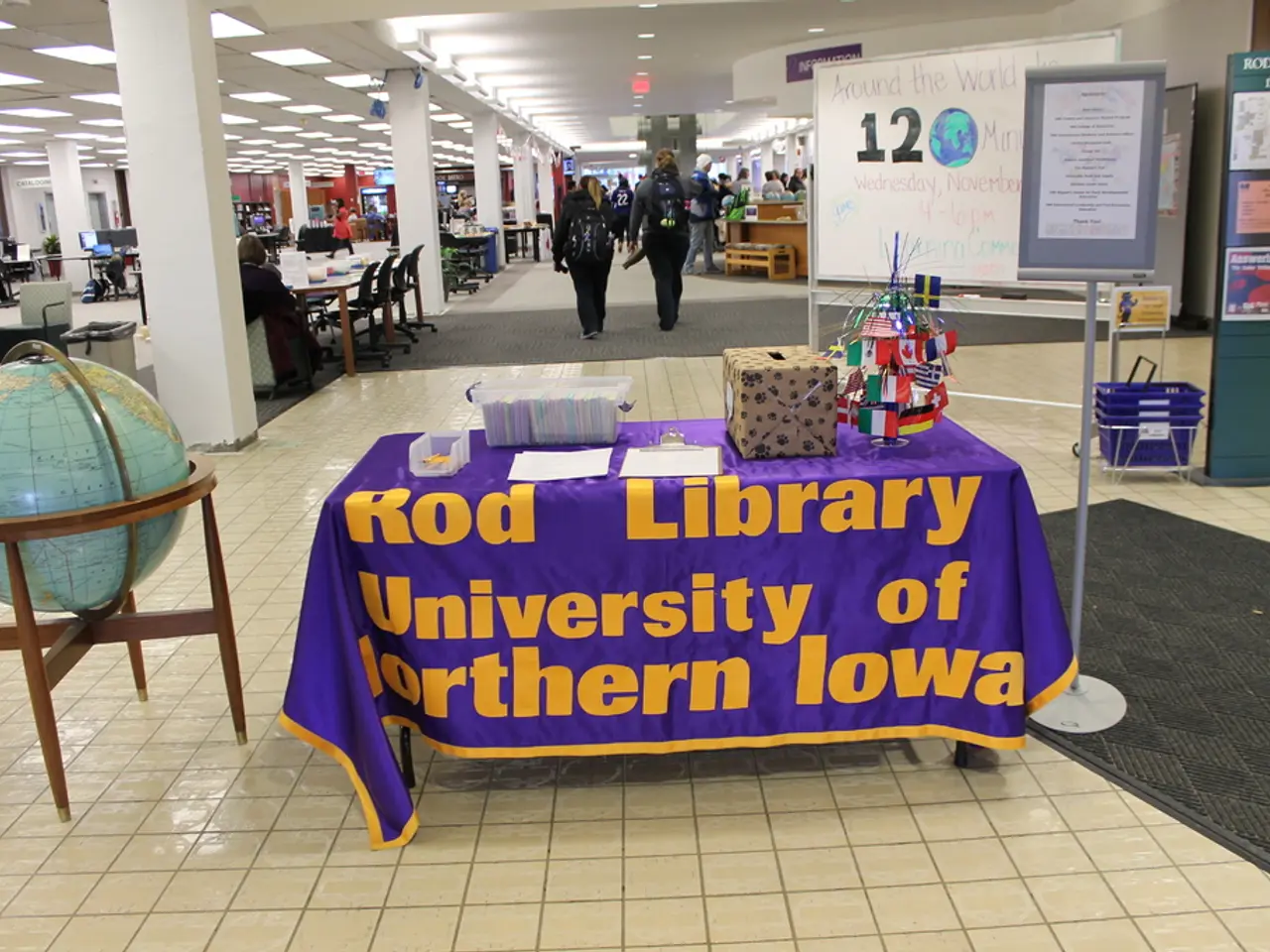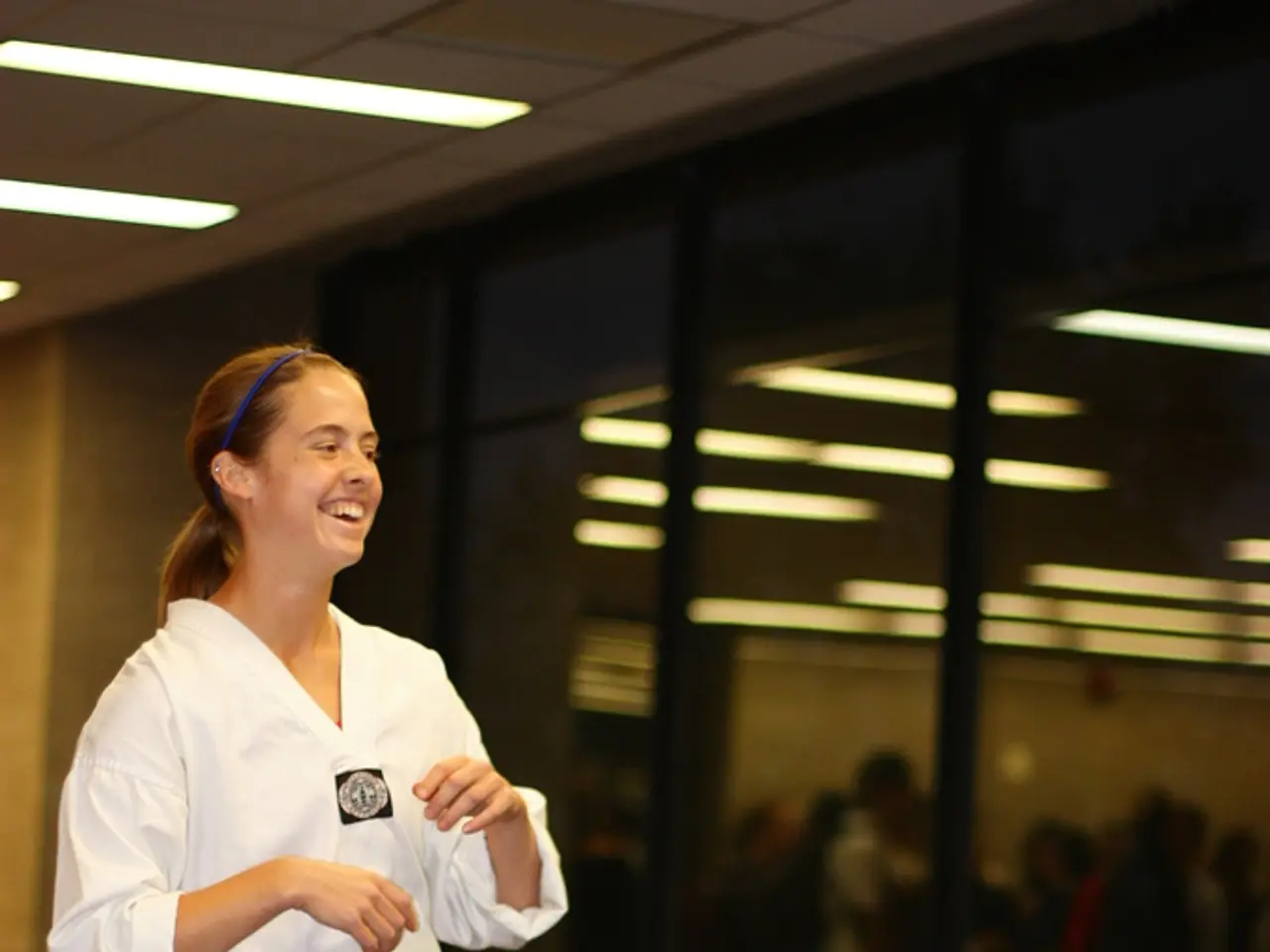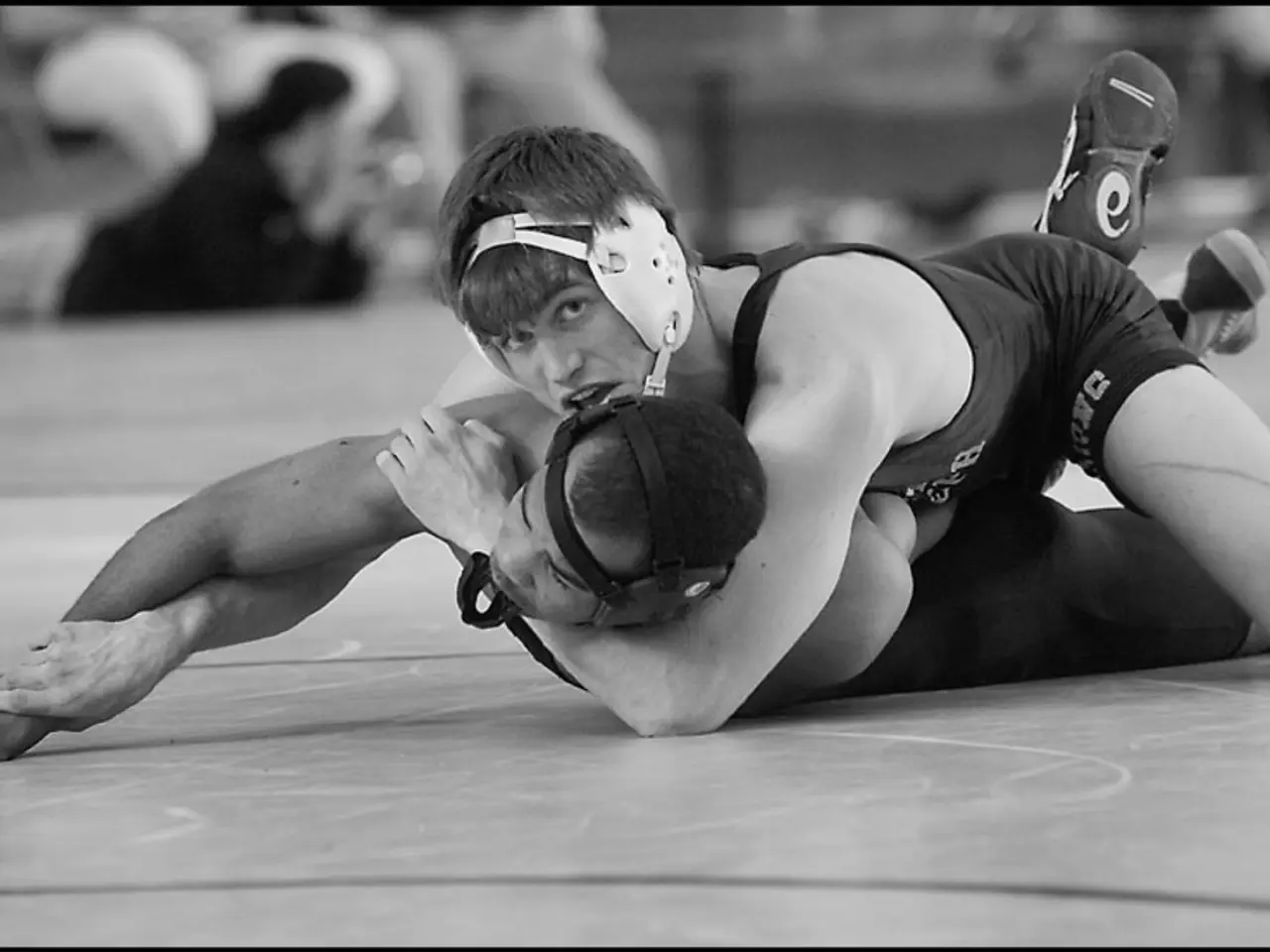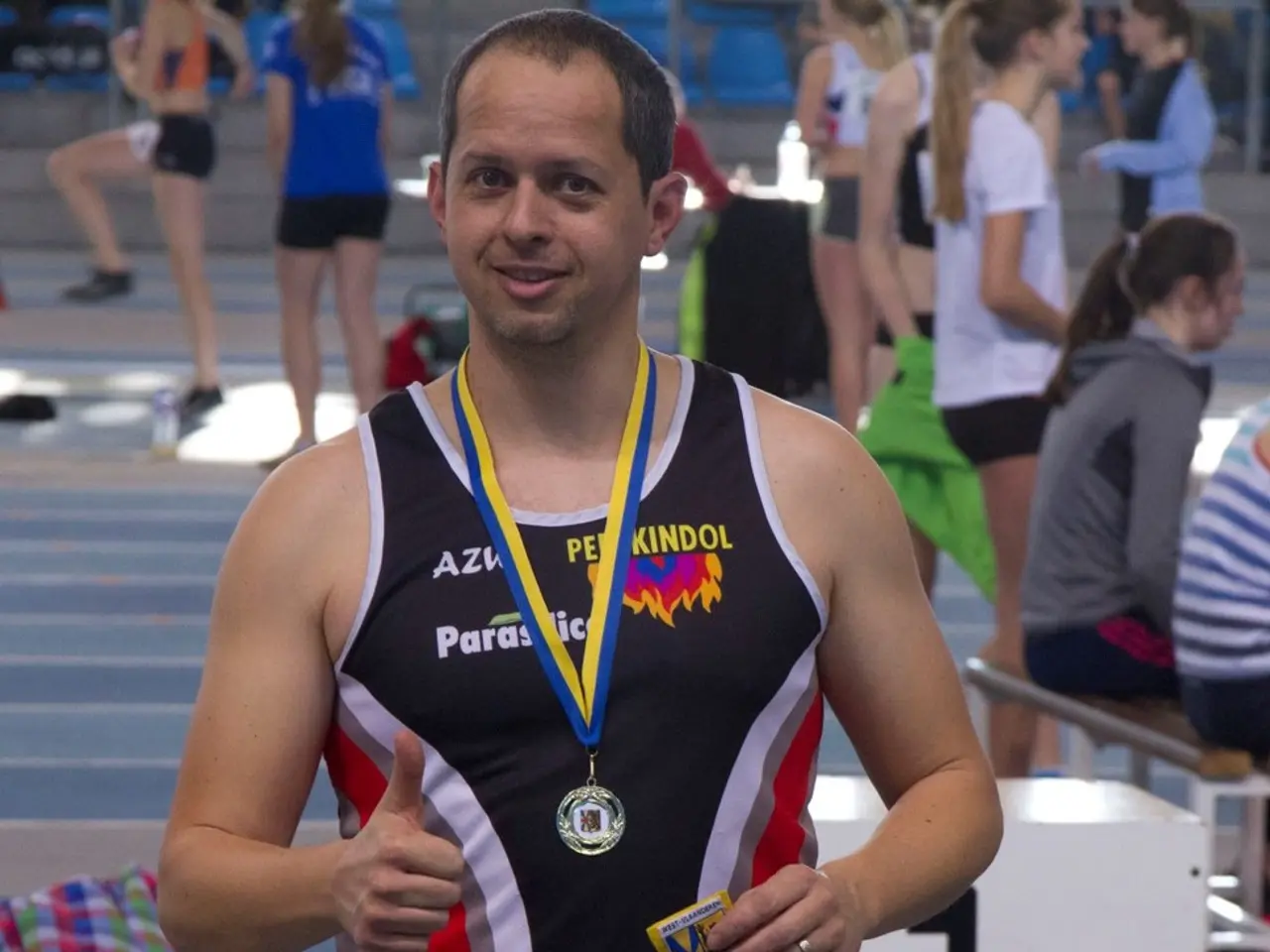Russia-Ukraine discussions deemed significant by Putin following Istanbul meetings
In the ongoing conflict between Russia and Ukraine, peace negotiations remain elusive, with both parties engaged in diplomatic discussions but no firm agreement reached as of early August 2025.
Vladimir Putin, the Russian President, continues to demand control over Luhansk, Donetsk, Zaporizhia, and Kherson oblasts as a precondition for any peace deal. He appears skeptical about the impact of Western sanctions and confident in Russian military gains, which makes him reluctant to compromise easily. Putin rejected a proposed deal by Donald Trump in early 2025 that would have included lifting sanctions and recognizing Russian sovereignty over Crimea and occupied Ukrainian territories.
On the other hand, Volodymyr Zelenskyy, the Ukrainian President, while engaging in talks involving U.S. special envoy Steve Witkoff, Donald Trump, and European leaders, is cautiously optimistic that Russia might be more inclined to agree to a ceasefire. However, he stresses the importance of not being deceived by Russia regarding the details of any agreement and calls for Ukraine and its allies to unify their position before further talks. Most Ukrainians do not expect a lasting peace soon and remain prepared for continued conflict.
Upcoming meetings involving Trump, Putin, and Zelenskyy may take place soon to further explore possible ceasefire agreements. However, significant obstacles remain, and negotiations face complex geopolitical pressures. The U.S. and European allies continue to coordinate their approach to ensure any talks lead to productive results rather than superficial agreements.
In summary, while dialogue channels are active, both leaders maintain fundamentally different conditions and views that complicate near-term peace prospects.
| Aspect | Vladimir Putin’s Position | Volodymyr Zelenskyy’s Position | |----------------------------|----------------------------------------------------------|-------------------------------------------------------------| | Preconditions for peace | Demand control of Luhansk, Donetsk, Zaporizhia, Kherson | Open to ceasefire discussions, cautious about Russian intent | | View on sanctions | Doubt sanctions will force concessions | Views pressure on Moscow as effective but requires vigilance | | Attitude towards talks | Rejects peace if it compromises war aims | Advocates joint Ukrainian/allied negotiation of position | | Recent diplomatic action | Met with U.S. envoy, no concrete results | Engaged with Trump, U.S. envoy, European leaders; cautious optimism |
Russian President Vladimir Putin described the third round of peace negotiations between Russia and Ukraine hosted by Turkey in Istanbul as positive. The future of these negotiations remains uncertain, as both leaders navigate the complexities of the conflict and the geopolitical landscape.
- The government of Turkiye, being the host, facilitated the third round of peace negotiations between the Russian President Vladimir Putin and the Ukrainian President Volodymyr Zelenskyy in Istanbul.
- Despite Putin describing the negotiations as positive, it is unclear if these talks will lead to a significant breakthrough in the ongoing conflict between Russia and Ukraine.
- As both leaders maneuver through the intricacies of the conflict and geopolitical pressures, it is essential for Ukraine and its allies to maintain a united position for productive negotiations.
- The uncertainty surrounding these peace negotiations, held in Istanbul, underscores the inherent challenges in resolving the ongoing war-and-conflicts between Russia and Ukraine.
